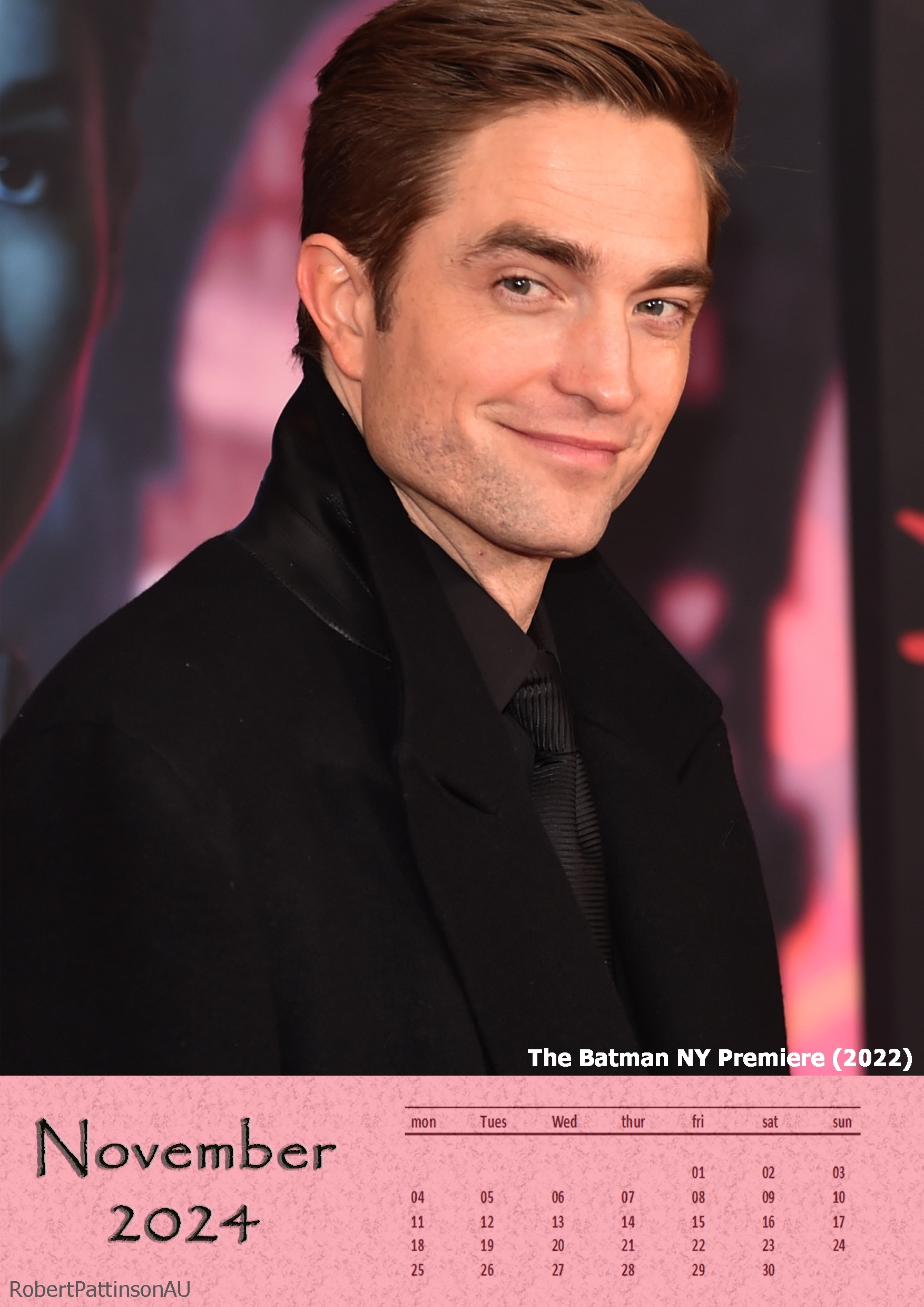We posted earlier this week that Olivier Assayas was in Argentina for the Mar Del Plata Film Festival. Â The Hollywood Reporter had the opportunity to speak with him about the resurrection of Idol’s Eye and working in Hollywood.
Now that Idol’s Eye appears to have been resurrected, what are your thoughts about working in Hollywood for the first time?
Honestly, I thought it would be easier. I think I underestimated the specificity of how Hollywood functions, and I underestimated the differences with the dynamics of European filmmaking. I lived and made my movies in a very specific environment — European independent filmmaking — which is ultimately based on a kind of freedom in the way you function, the way actors function, in terms of your relationship with the financing of your films. I didn’t realize how privileged I was. A lot of things that I took for granted in terms of my filmmaking, meaning the fact that I can have some weird way of functioning, that I can adapt to the subject or the context of my movies. I’ve always had the opportunity to adjust my filmmaking to the specific needs of each project. In the North American film industry, you have very strict rules, you feel you can never break the rules, you have to adapt, even if it’s frustrating or counterproductive. There is this notion of control in every single level, which is adverse to the dynamics of filmmaking, at least as I love it. I realized very early on in the process that it’s not a matter of liking it or not, but I felt it took a lot of pleasure out of filmmaking. And to me the pleasure of filmmaking is incredibly precious. So I hope this film will happen now. I think that it genuinely has potential to be a pretty good film, but … I’m not sure if I’ll try something similar again for a while.
This way of having to rationalize everything, with guys trying to control everything, you know, there’s a lack of trust. The big thing in European filmmaking is that it functions on trust. That’s why it moves fast. When you spend a year discussing a contract, just to make sure no one gets f—ed in the process … that’s not how movies are made. You have this lawyer culture, which ultimately creates a system where making a film is actually a byproduct of the contract.
One of the consequences of the resurrection of the project was Sylvester Stallone stepping in for the mobster role for which Robert De Niro was originally cast. How do you feel about working with Stallone?
I genuinely admire him, I’ve always been a fan. I haven’t seen the Expendables films, but I’ve seen every single Rocky movie, and I think he is an excellent writer and director. He has his own idiosyncratic way of functioning. I remember his first film, Paradise Alley, I loved it. I think he is an amazing actor. And I was not disappointed when I met him. I’m a fan.
I think I’m not going to get excited about this film until it’s done and dusted. Â But the above certainly clarifies Assayas’ negativity towards Hollywood that was inferred in the La Nacion article. Â And to be honest, I can understand his weariness. Â Hollywood is about making money not about making art. Â And as much as I’m a De Niro fan I think I prefer Sly in the role. Bobby’s film choices of late haven’t impressed or interested me at all.




























































